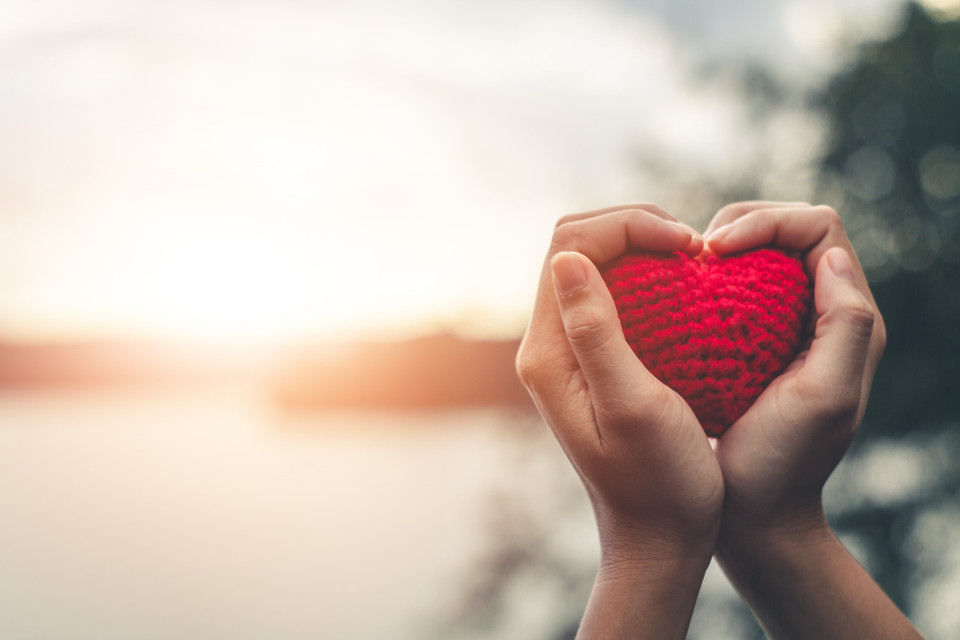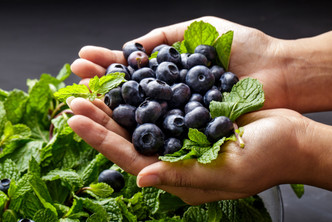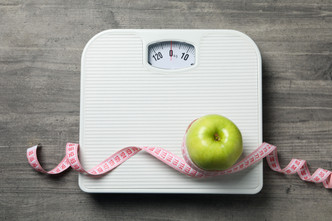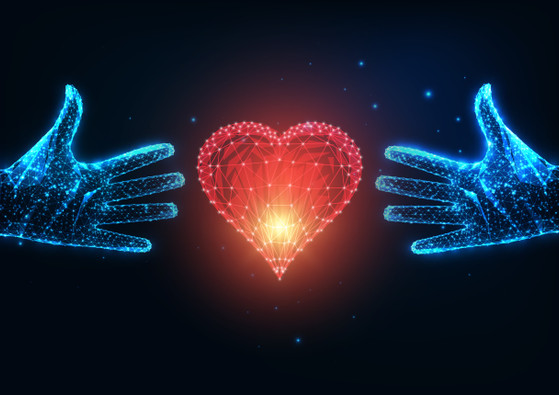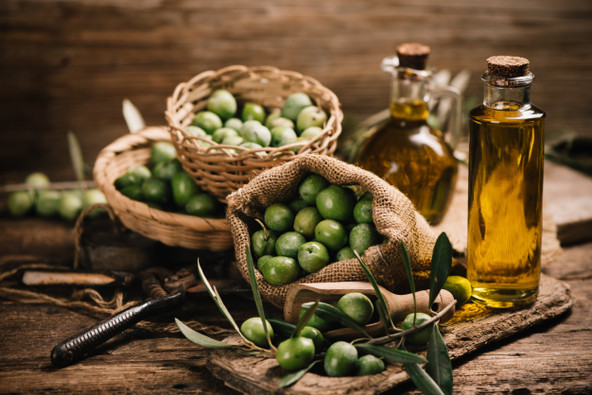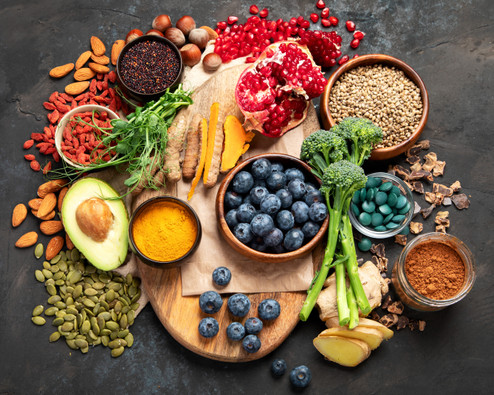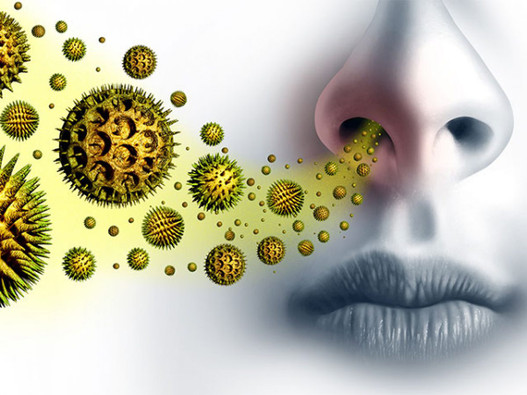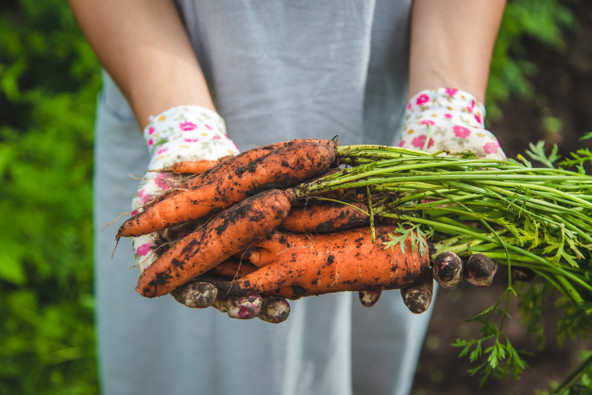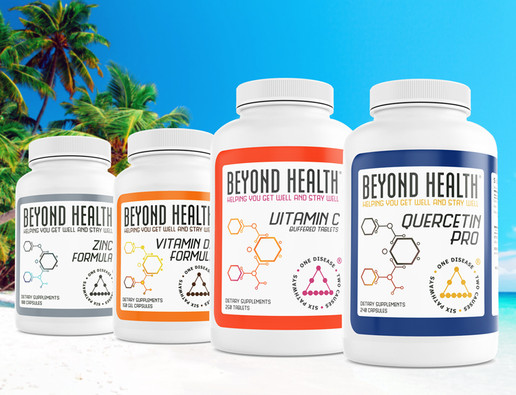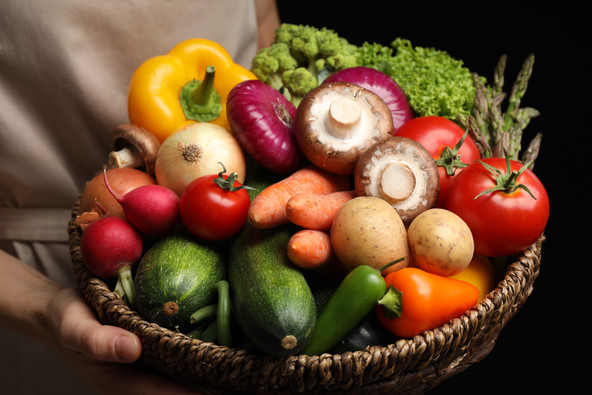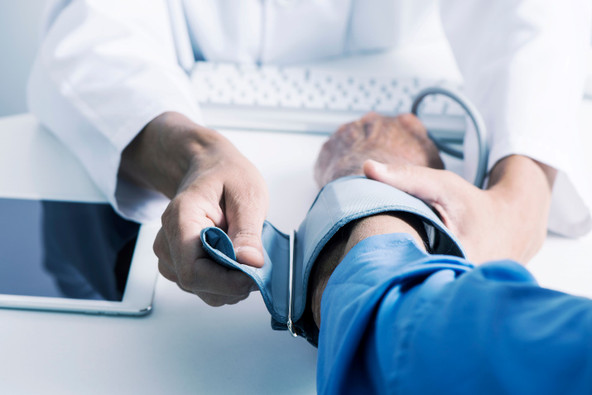Jan 23rd 2024
Why Your Heart Needs CoQ10
The strongest and most hard-working muscle in your body, your heart is also associated with vulnerability . . . and for good reason. Powerhouse though it may be, the heart is living tissue that requires proper nourishment. A nutrient called coenzyme Q10, or CoQ10, is essential for keeping your heart strong and healthy. Yet it’s quite possible your CoQ10 levels are suboptimal, leading to a condition that underlies many heart problems called “energy-starved heart.” Every cell in your body contains hundreds of little energy factories called mitochondria. CoQ10 facilitates various chemical reactions in the mitochondria’s energy-producing process. Simply put, when you lack CoQ10, you lack energy. Your muscles, including your heart, may be ready, willing and able, but there’s just not enough fuel in the tank. Even minor deficiencies in CoQ10 can impair heart function and eventually damage the heart itself. CoQ10 plays yet another crucial role in cardiovascular health: Keeping…
read more Fuel your life with the purest vitamins
Fuel your life with the purest vitamins
